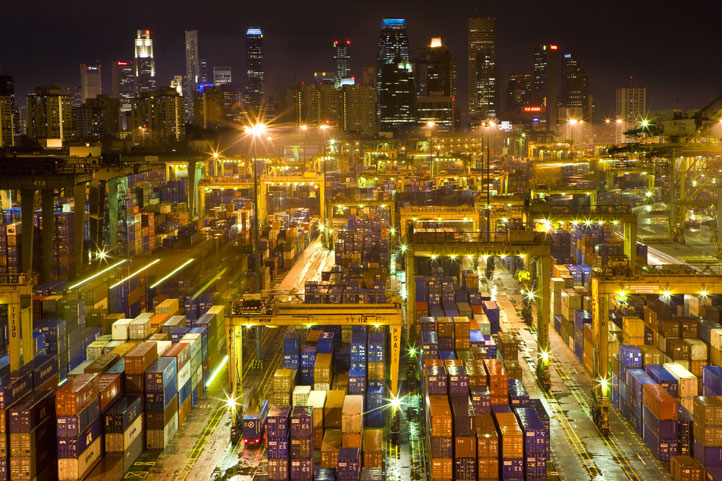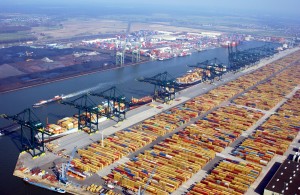Industry Interest – Global Shipping
Since the dawn of civilization, commerce has always been heavily dependent on maritime transport, and this sector has been a catalyst for world development over the centuries. Today, over 90% of all marketable goods are transported by ship, and international trade doubles every five years. This can be attributed to a number of economic, technological, and legislative developments which fall within the framework of the loosely defined word “globalization”.
My personal relation with this fascinating industry developed during my time at Exxon Mobil Corporation. Over three years, I became somewhat of a specialist in maritime economics since I was a credit analyst responsible for a portfolio of several hundred shipping companies worldwide (from blue chip publicly listed giants in Europe to tiny high risk profile Chinese upstarts with dubious financing). My position allowed me to get in touch with all the sub-sectors and players in the industry as well as familiarize myself with the underlying economics via international shipping conferences, various customer visits, Exxon Mobil’s extensive internal resources, and personal studies. I eventually became in charge of producing a quarterly shipping market outlook document which I presented across several marine divisions of the company.
In depth analysis of the financial health of these shipping companies was paramount over the course of my employment, as most of the sub-sectors of the industry were going through their worst downturn since the 80’s, and Exxon Mobil had significant unsecured exposure.
This sector was heavily impacted by the most recent financial crisis since market demand for ships is strongly correlated to international trade growth. Vessels take on average around three years from order to delivery and thus an overcapacity of tonnage lingers to this day (since the orderbook was massive prior to the crisis), depressing rates and earnings of companies. Industry revenue, according to IBISworld, has “dropped at an average annual rate of 0.6% since 2007”. Future growth will depend on the uncertain global economic recovery, at threat from the ongoing Euro crisis, Asian slowdown, and volatility of the Middle East. This, coupled with rising fuel costs and unavailable financing, is putting significant pressure on market players.
My in depth knowledge of maritime economics and of key players in the market puts me in a position to add value in any shipping company worldwide. Since one of my interests is to work internationally and to move around a lot, a global shipping company would probably suit these needs. With large scale natural resource projects coming online in places like Africa and Oceania, new dynamics of trade are sure to arise, as well as new challenges. The largest companies have headquarters in many ports of the world, from AP Moller Maersk in Denmark to NYK in Japan and even Teekay in Vancouver. Similarly, ship financing within a banking framework would also be fascinating and would permit exploring analytic review of ship company finances, which is right up my alley.

Port of Singapore
Sources:
IBIS World Inc. IBISWorld Industry Report H4821-GL: Global Deep-Sea, Coastal & Inland Water Transportation, February 2013

